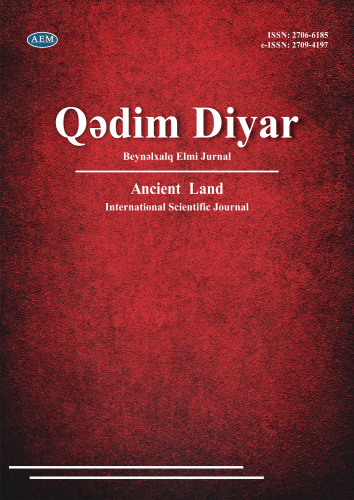https://doi.org/10.36719/2706-6185/44/361-371
Souad Slimani
Ain Temouchent University – El Hadj Bouchaib
https://orcid.org/0009-0005-9456-5380
souad.slimani@univ-temouchent.edu.dz
Machine Translation into Arabic: Challenges and Alternatives
Abstract
Machine translation (MT) has become an essential tool for overcoming language barriers, facilitating communication across different linguistic communities. However, translating into Arabic presents significant challenges due to the language’s complex morphology, flexible syntax, and contextual ambiguity. In addition to linguistic difficulties, technical limitations such as the lack of high-quality training data and the diversity of Arabic dialects further hinder MT accuracy. This article explores these challenges and examines potential alternatives, including hybrid models, human-aided machine translation (HAMT), and AI-driven enhancements. Addressing these issues is crucial for improving the efficiency and reliability of Arabic machine translation.
Keywords: machine translation, Arabic Language, linguistic challenges, neural machine Translation (NMT), Statistical Machine Translation (SMT), Hybrid Models, contextual ambiguity, Arabic Dialects, AI in translation

